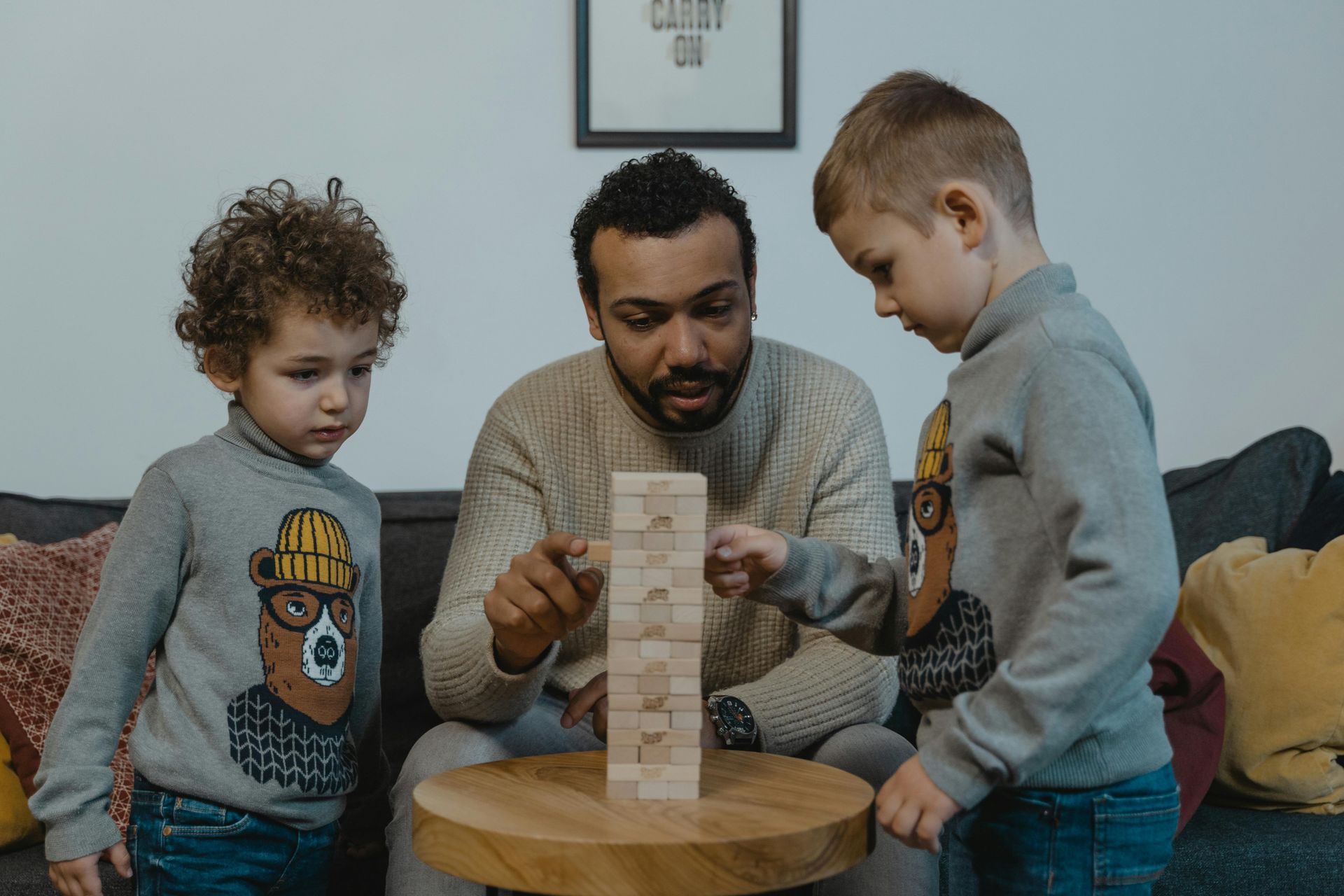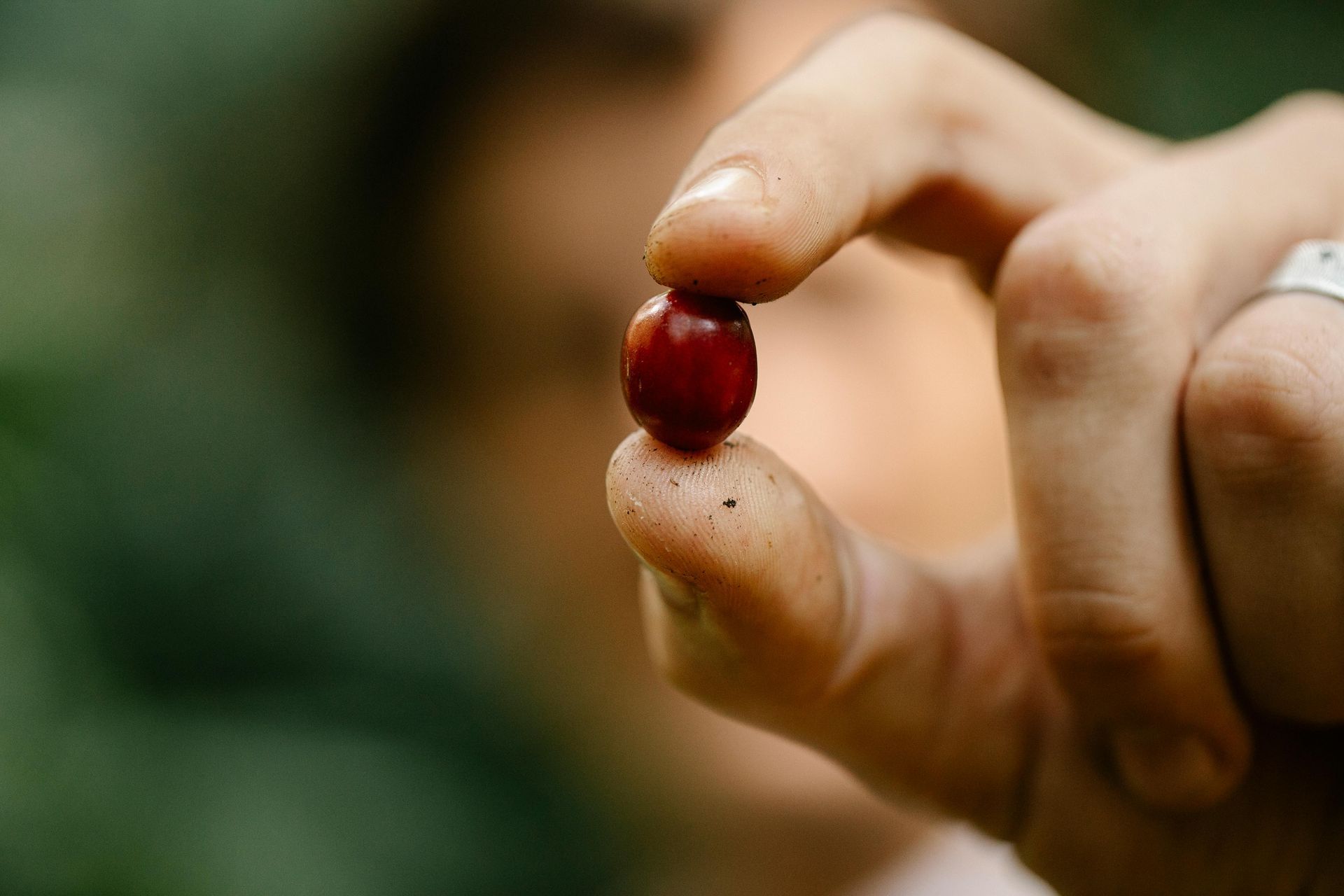Juvenile Offenders

Thursday, May 9th, 6-9pm
$25 per person
Location to be announced – central to Orleans
Register Now with Paypal at http://www.tracylamperti.com
or by mailing payment directly to:
Tracy Lamperti, LMHC, BCETS
57 Route 6A
Orleans, MA 02653
REGISTRATION DEADLINE
APRIL 28th
Juvenile Offenders – Epidemic Proportions!
- 34% of child sexual abuse is perpetrated by juveniles. In fact, 7% of sexual abuse is perpetrated by youth under the age of 12 (Snyder, 2000).
- The younger the child victim, the more likely it is that the perpetrator is a juvenile. Juveniles are the offenders in 43% of assaults on children under age 6. 14% of these offenders are under the age of 12 (Snyder, 2000).
When your child is with another child…
- Is there adult supervision, if so, how closely monitored?
- Is there are size, personality, age or other power imbalance between your child and the other child?
- Is your child easily led or a “tattle-tail?” (Tattle-tails fair better).
- Is your child very shy, or very open? If they are very shy they may not speak up, but they also may not be targeted by another youth, for fear that they will go “running to mommy.” If they are very open they may be a loud-mouth, running to mommy, OR they may be willing to gleefully try just about anything.
- IS YOUR CHILD IN A ONE:ONE SITUATION WITH ANOTHER YOUTH? Older children seen as “mentors” or “leaders in training” as many of the camp programs have, are often seen as a very positive influence for young children. While most older youth who are placed in this position WILL in fact be an excellent role model, some will not and pose a very high risk to younger children.
- Do you have an open door policy when cousins and friends are playing together in your home or in their home? Incidents of sexual experimentation and games played where there is an imbalance of power and secrets are forced to be kept present a large number of experiences where children are exposed to things that are not appropriate sexually, like pornography, or where they are pressured into sexual acts.
- Is the internet only available to your children at your home and friend’s homes in a public area?
Yes, to address many of these questions you are going to have to broach the subject with friends and relatives. How do you tell your sister-in-law that when your child is at their home with the cousins, the door needs to remain open? Or that the internet ready devices need to be tabled in the kitchen when the children go into the bedrooms or playrooms?
How do you ask the camp director if your child will be participating with older youth or leaders-in-training programs?
How do you ask your child’s friend’s mom if doors will remain open at the slumber party?
Another aspect of the problem is our (rather, the culture’s) tendency to want to wash away the issue with the mentality, “boy-will-be-boys.” Or, “They were just experimenting.” Or, “It’s normal curiosity.”
When I work with adults and couples with current issues of sexual difficulties in their life, and we draw a roadmap of sexual experiences from the first memory of a message they got about sex, these are the experiences that most frequently come up; “I remember being in a dimly lit room at my cousin’s house with my cousins and brother. I was just little. They were playing this game with me…..” I don’t think I need to continue.
Sadly, over many years as a therapist, I have heard story after story where an adult has had their first sexual experience as a child with a youth relative or friend, RIGHT IN THE BEDROOM OF THEIR HOME WITH THEIR PARENTS AWAKE IN ANOTHER PART OF THE HOUSE.
———————————————————————————–
Please, if these informational posts are triggering you because sexual abuse has touched your life in a personal way, now is the time to seek assistance. “IT IS THE SILENCE THAT POISONS OUR FAMILIES” (Former Miss America, Marilyn van Derbur, Stewards of Children)
I urge every parent to take this training or call me directly for assistance. Between my services, other qualified professionals, Children’s Cove, Independence House, and others, every adult; parent, grandparent, aunt, uncle….should be trained, along with EVERY person providing any level of care to a minor.
This is an empowerment program, not a paranoia or scare based program. Even given the numbers of 1 in 4 girls and 1 in 6 boys being sexually abused before their 18th birthday, it is important to keep a sense of perspective. While we have to keep in mind that there are offenders in the local community, the vast majority of people do not sexually abuse children. Our #1 defense and method to keep children safe in our community is to begin to talk about CSA and educate ourselves about CSA.
It is an adult responsibility to protect children from sexual abuse!
By Tracy Lamperti,
Psychotherapist, Educator, Consultant
Please see http://www.tracylamperti.com for more information about working with children and families or specifically about sexual abuse.
If you would like 1:1 assistance, please contact Tracy Lamperti for a consultation.
Tracy Lamperti, LMHC, BCETS
Psychotherapist, Educator, Consultant
My Blog
My Website
tracy@tracylamperti.com
774-722-5919




